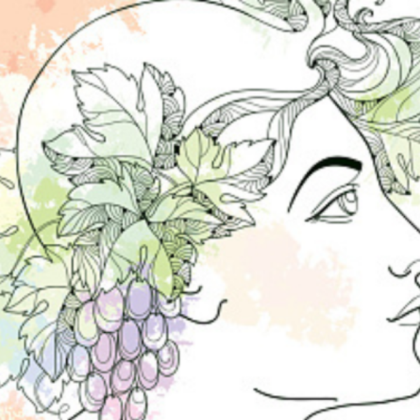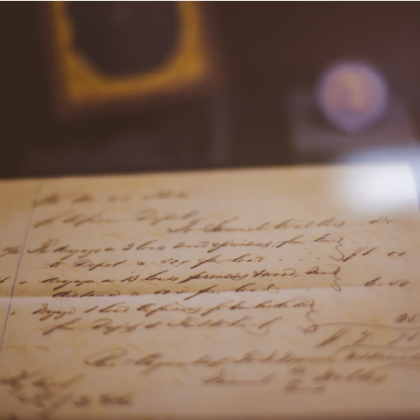Remarks on amelioration
The March edition of Muses – the arts blog from BJPsych International – features Nigerian poet Pamilerin Jacob who writes about being diagnosed with mental illness, his recourse to poetry, poetics and poetic language for therapy, meaning and vocation. He also pays a moving tribute to a friend who was instrumental to his survival.
Grant found me, eyes rolled into my head, body sprawled. The last thing I remembered was swallowing the sixteenth pill, curling up like a fetus, waiting for death.
Days later, I was told Grant found me, called the ambulance, and lifted me into the vehicle that fateful day in 2016. He is dead now, my messiah. He will not wake up from sleep, this boy, who interrupted mine.
I miss him dearly…
In the following years, I wrote my first two poetry chapbooks in the inpatient ward. I was diagnosed with a series of things: Depression, OCD, Schizophrenia, to name a few. What made me resent that experience, however, was not the cocktail of medications day and night, but the fact that my psychiatrists at the time considered me possessed.
In Nigeria, the ratio of psychiatrists to the population is 1 to 800,000.
A good number of these psychiatrists hold on to their cultural beliefs that mental illness is something to be cured with prayers and psalms. My recourse to poetry was resistance against illness and societal stigma. I pursued the light of words, using the body’s limitations as a door into survival, or the echo of it.
In the intervening years, resilience has assumed the shape of the lyric. Art is the site of amelioration, after all. “The poetry that seems to come out of despair,” American poet Christian Wiman wrote, “is actually a means of staving it off.” Poem after poem has helped me understand the topography of my inner life.
One of the earliest insights came from Khalil Gibran’s On Joy and Sorrow, where the Prophet says to the people, “The deeper that sorrow carves into your being, the more joy you can contain.” Khalil Gibran’s poems helped me escape the so-called dichotomy of grief and glee, the laughter and weeping that beguiled my hours. They stirred within me a thirst for exploration, not only of living but of language, that legal tender of existence.
One of the first casualties of societal stigma was my faith. Thankfully, there is an antecedence of witnesses, poets who have felt this pang before me. Li-Young Lee, Rilke, and Mary Oliver have been instructive in my approach to the divine. For me, the poetry inherent in religion helps undo the harmful doctrines. Priests, pastors, and lamas may be the mouthpieces of the divine on earth, but it is the poetry expressed in their teachings that truly lights up the world. That has been my experience, anyway.
I believe the place of poetry in society is at its fore, not straitjacketed in text. I am grateful for people like Grant, who express the ideals of poetry through timeless compassion.
I hope to be as useful to someone someday.
BIO:
Pamilerin Jacob is a Nigerian poet & editor whose poems have appeared in POETRY, Lolwe, 20.35 Africa, Agbowó, Frontier Poetry, The Rumpus & elsewhere. He is the curator of Poetry Column-NND, a poetry column in Nigerian NewsDirect, a national newspaper. Twitter: @pamilerinjacob
Welcome to Muses – the arts blog from BJPsych International. Launched in March 2022, this new blog aims to highlight international art and artists, particularly from low-and-middle-income countries, with a focus on mental health. We welcome submissions for consideration, such as, comments on artwork, visual arts, literature, drama, films, podcasts, and videos. Do have a look at the instructions for blog authors for details on how to submit. General enquiries about the blog: BJPInternational@rcpsych.ac.uk
Dr Marinos Kyriakopoulos, Editor-in-Chief, BJPsych International







Beautifully said! Poetry truly does have a special place in society, transcending mere words to touch hearts and minds. Grant’s ability to embody the essence of poetry through compassion is inspiring. I share your aspiration to make a meaningful impact on someone’s life one day. Thank you for sharing this heartfelt sentiment!